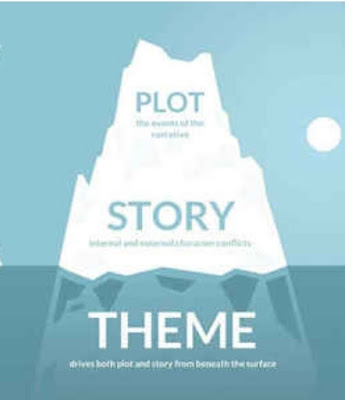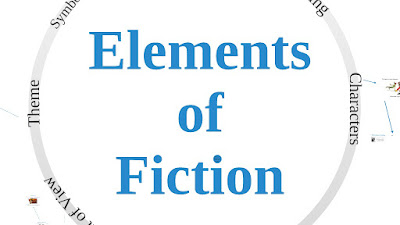What is the Theme of a Story?
A theme is, broadly speaking, a story's central idea: a concept that underpins its narrative. Theme can either be a definitive message like, “greed is the greatest force in human culture,” or abstract ideas like love, loss, or betrayal.
As a writer, it’s helpful to stay conscious of your story’s themes to equip yourself with a compass to show you what’s important in your story. This will guide you toward creating moments that engage readers and deepen your story’s significance.
Theme is
the “meaning” of a story. The “meaning” of a story shouldn’t be mistaken
with topic, however. What the writer makes of the topic constitutes
theme.
Some literary critics have claimed that theme is a lost art in
contemporary American fiction because we are not likely to ask of a
story, “What does it add up to?” We are more likely to make sure the
cause-and-effect points are rational and make sense. We appreciate
meaningful moments of insight in a story, but sometimes balk at asking
big questions. Such questions are considered old-fashioned, and the
out-dated qualities of closure and epiphany have diminished the
importance of theme.
Yet readers usually search for answers and meaning in literature, and
perhaps this is one reason why readers have lost interest in
contemporary American short fiction. Unless this quandary is dealt with,
classroom prompted stories may fail to be memorable. Theme makes a
story memorable. Part of the reason that theme is not discussed very
much in writing workshops is that the primary problem with many stories
is lack of coherence. For example, it's difficult for the story to
succeed if the character or the plot is not credible, so the workshop is
devoted to fixing the problem.
While these problems do need to be fixed, fixing the problems doesn’t
make for a memorable reading experience. Theme often depends on a
vision of life that the writer starts out with before she begins the
story. Therefore, theme may be beyond the realm of the creative writing
workshop, since workshops are usually centered around beginning or
intermediate level poets and writers who have not yet discovered their
vision of life.
Still, great fiction depends on theme, and theme is sometimes a lost art. Jerome Stern’s suggestion, in Making Shapely Fiction, is an important reminder to all beginning and intermediate writers: “You can’t avoid meaning even if you want to.”





